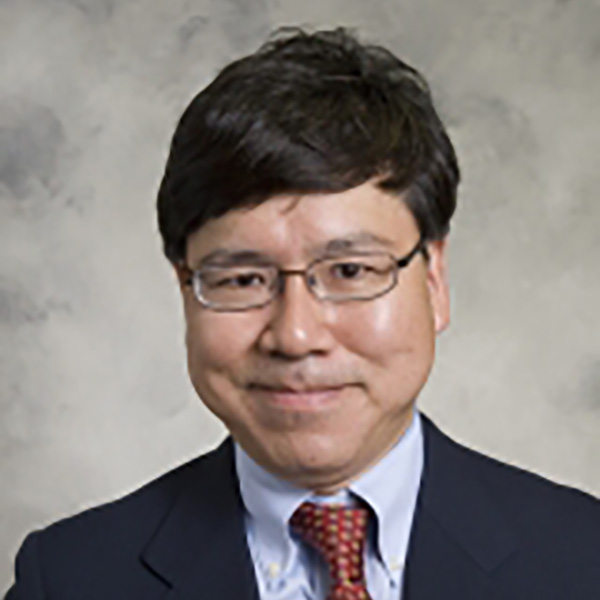Dr. Hiroshi Nakagawa

Dr. Hiroshi Nakagawa
- Division of Digestive and Liver Diseases, Department of Medicine, Herbert Irving Comprehensive Cancer Center, Columbia University Medical Center, New York, U.S.A.
Dr. Nakagawa has a broad background in gastrointestinal epithelial biology, tumor biology, and molecular and cellular biology. As a postdoctoral fellow at the Massachusetts General Hospital (1993-1996), he investigated cyclin D1 and the transcriptional regulation of genes in the esophageal squamous epithelium, and developed the first transgenic mouse model of esophageal squamous cell carcinoma (ESCC), the deadliest of all human cancers with alcohol as a major risk factor. At University of Pennsylvania since 1998, he expanded his research to study EGFR and other genes essential in ESCC. He has developed the novel single cell-derived three-dimensional (3D) organoid system (Cell Mol Gastroenterol Hepatol. 2018;5:333-352; Cell Mol Gastroenterol Hepatol. 2018;7:73-91; and Cell Mol Gastroenterol Hepatol. 2018;5:461-478), recapitulating ESCC development and progression as well as translatable for the development of personalized medicine in esophageal cancer treatments. He has been recently recruited to Columbia University Division of Digestive and Liver Diseases and the Herbert Irving Comprehensive Cancer Research Center. Alcohol in ESCC pathogenesis represents his recent research focus. The pathogenic role of alcohol (EtOH) in the esophageal epithelium remains unknown. EtOH metabolism produces acetaldehyde, a major human carcinogen. EtOH detoxification involves clearance of acetaldehyde via aldehyde dehydrogenase (Aldh)-2, the mitochondrial-specific isoform. Aldh2 dysfunction increases cancer risk in individuals with polymorphic Aldh2 mutation (Aldh2E487K). Utilizing the Aldh2 mutant mice (Drs. Che-Hon Chen and Daria Mochly-Rosen, Stanford University), Dr. Nakagawa’s research team has explored as to how Aldh2 protects esophageal epithelial cells (keratinocytes) from EtOH-induced injury. Additionally, his research team has found that alcohol promotes Aldh2E487K ESCC tumor growth, increasing tumor-initiating cells characterized by high CD44 expression (CD44H) in mice and the 3D organoid systems.

